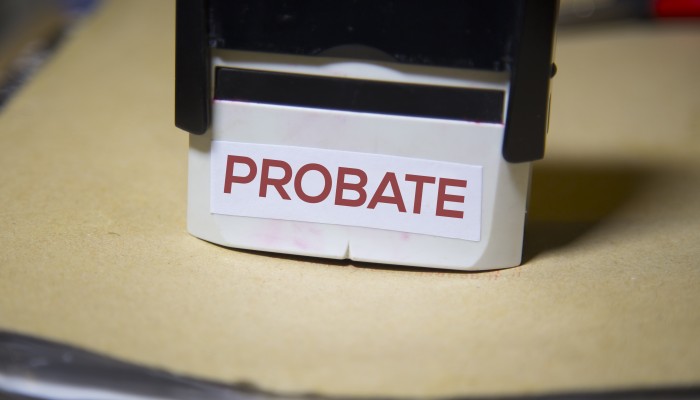If you are the Executor of an estate here is your crash course in what you need to do to satisfy your fiduciary obligation.
The Big Picture:
You are tasked with collecting and safeguarding all assets and debts of the estate as well as honoring the wishes outlined in the Will. Depending on the size of the estate, this may also involve gathering all financial accounts, paying any relevant taxes, continuing property insurance and, if necessary, making any beneficiary distribution. You are permitted to hire an attorney to help with any of the above – which may be a good idea so as to insulate you from family squabbles if all beneficiaries don’t get along. Providing timely Notice of Probate and obtaining waivers from beneficiaries must not be overlooked as well.
The Funeral:
First, locate the original copy of the Will. If you are also the designated funeral agent, hopefully the Will contains a provision that allows you to make funeral arrangements immediately. Note that even when a funeral is preplanned and prepaid, some funeral directors may not take direction unless the authority is specifically outlined in the Will (this may also depend on your relationship to the deceased).
Probate:
Next, the original Will along with other essential estate related information will need to be submitted to the Surrogate’s Court in the County where the deceased lived in order to begin the Probate process. In New Jersey, Probate can begin as early as the 11th day following the death, however, the application may be submitted anytime during the Probate waiting period.
Other Things to Consider:
Many clients incorrectly believe that a Power of Attorney (POA) document can be used to access the financial information of the estate. This is not true because a POA has no legal effect after death. Instead, the Surrogate will issue to the Executor documents called Letters Testamentary and Short Certificates. These documents will allow you to access all financial information related to the estate.
This article is not intended as legal advice. Be sure to consult with an experienced attorney when contemplating any of the above described matters.
About the author. Daniel Del Collo, III is an Estate Planning and Elder Law attorney with an office located in Mount Laurel, New Jersey. He is also a member of the National Academy of Elder Law Attorneys. To discuss this article or any others, you can contact Dan at (856) 533-2405.

